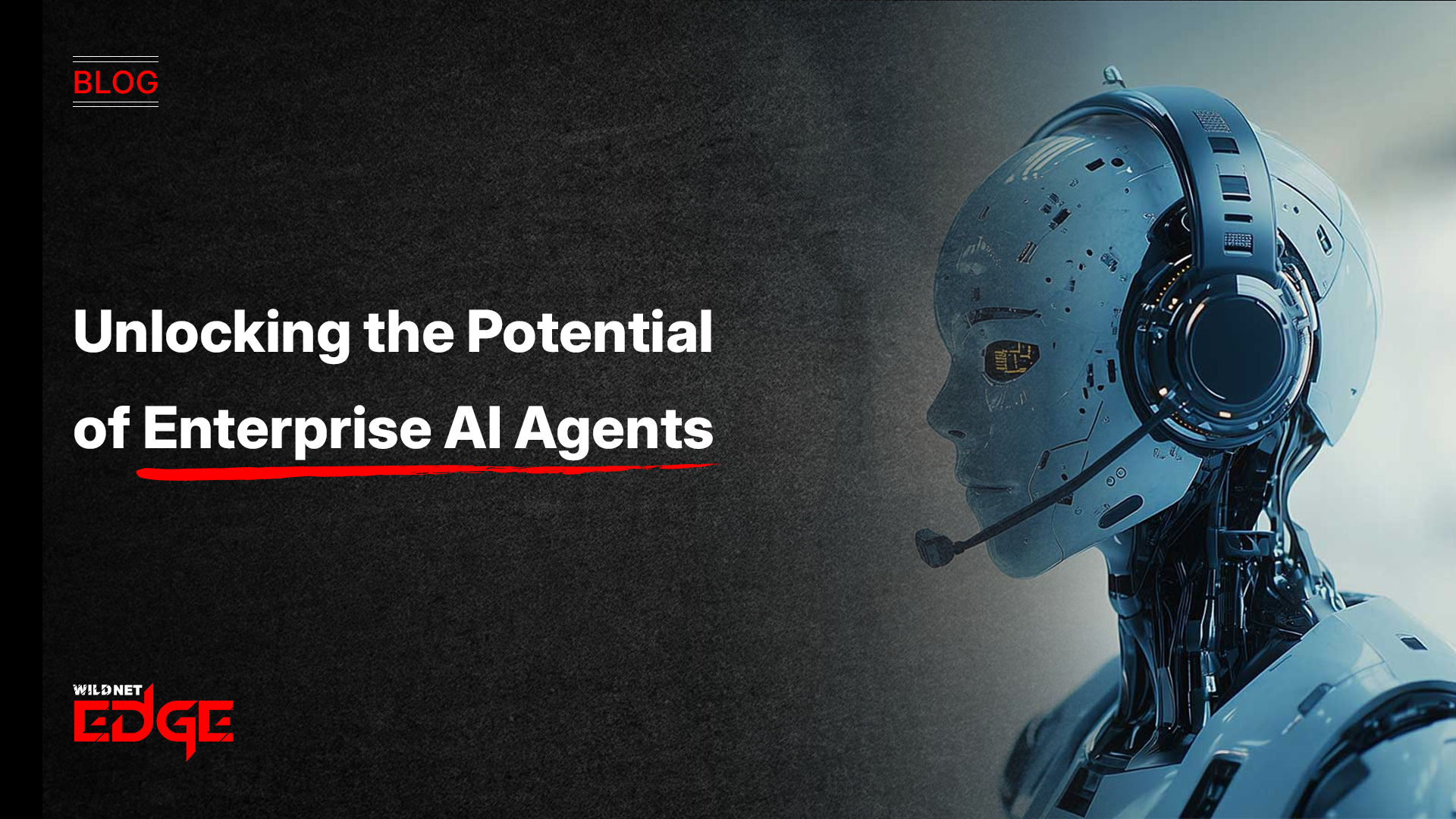As the demand for mindfulness practices grows, meditation app development has surged in popularity. Business owners seeking to tap into this trend must carefully consider the meditation app development cost. In 2026, understanding this cost is crucial for successfully navigating the competitive market. Developers and businesses can expect several factors influencing these expenses, including design, functionality, and technological requirements. This blog will explore the various components affecting costs and provide insights into wellness app pricing, ensuring a clear understanding of the investment needed for your project.
Understanding the Meditation App Development Cost
What Influences Meditation App Development Cost?
The meditation app development cost is impacted by numerous factors. One significant aspect is the design complexity of the app. Sophisticated user interfaces and user experience (UI/UX) designs require more time and resources, thus increasing costs. Additionally, the features you choose to implement can significantly sway your budget. For instance, apps offering personalized meditation sessions or integrated social sharing functionalities typically have higher development expenses.
Furthermore, the technology stack plays an essential role in determining the meditation app development cost. Choosing between native and hybrid app development will influence the overall expenditure. While native apps usually offer a better user experience, they demand specialized skills, which can increase costs. This analysis helps businesses prepare for their overall wellness app pricing.
Breakdown of Costs for Different Types of Meditation Apps
When discussing meditation app development cost, it is crucial to differentiate among various app types: freemium, subscription-based, and one-time purchase models. Freemium apps generally attract a larger audience due to their initial free access, but generating revenue may require extensive marketing efforts. Thus, the costs associated with this model can be high due to ongoing content creation and marketing expenses.
On the other hand, subscription-based apps involve ongoing costs related to maintaining user engagement and producing fresh content. These costs could accumulate over time, leading to a higher overall mental health project budget. One-time purchases tend to yield lower immediate revenues but can provide a steady return on investment once established.
Trends Affecting Wellness App Pricing
As we analyze the meditation app development cost, certain trends emerge that impact wellness app pricing. In 2026, there is a noticeable shift towards integrating AI and machine learning into meditation experiences. This trend significantly affects the costs associated with app development, as incorporating these technologies demands specialized expertise and advanced algorithms.
Moreover, personalization in meditation practices drives users to invest in specific apps, contributing to higher charges in the market. Staying updated on these trends is essential for making informed decisions regarding the mental health project budget and ensuring a competitive edge.
Creating a Mental Health Project Budget
Key Components of a Mental Health Project Budget
Creating a comprehensive mental health project budget requires careful planning and consideration of several essential elements. Costs associated with development, such as coding and designing, form the primary basis of the budget. Additionally, marketing budgets are imperative for promoting the app post-launch. User testing and regular updates should also be factored in, as they are crucial for maintaining user satisfaction and app functionality.
Budgeting for these components can help businesses create a realistic outline of their financial requirements, aligning with the meditation app development cost and influencing wellness app pricing.
Importance of Accurate Estimations in Budgeting
Accurate estimations in budgeting are critical for the success of developers as they navigate the complexities of mental health applications. Underestimating costs may jeopardize project feasibility and lead to compromises in quality or features. Conversely, overestimating can lead to unnecessary resource allocation.
Thus, establishing a solid mental health project budget based on thorough research and market analysis helps ensure that resources align with strategic goals. This financial foresight plays a vital role in realizing a successful meditation app that meets user needs.
Tools for Budgeting Your Mental Health Project
Several tools can assist in effective budgeting for your mental health project, helping to calculate expenses systematically. Project management software such as Trello or Asana equips teams with streamlined organization, allowing for constant budget tracking and adjustments as needed.
Furthermore, dedicated financial tools like QuickBooks can help comprehensively manage project costs. By leveraging such resources, businesses can ensure they remain within their predefined meditation app development cost while fine-tuning their budget strategies.
Insights into Meditation Charges and Pricing Models
Different Pricing Models for Meditation Apps
Understanding the various pricing models for meditation apps is essential as they greatly impact meditation charges. Subscription models typically involve users paying a monthly or yearly fee to access exclusive content and features. This model can be lucrative but demands consistent output to retain subscribers.
Ad-based models generate revenue through advertising partnerships, leveraging community free access while encouraging regular usage. Pay-per-download options allow app developers to charge upfront fees, making costs predictable. By analyzing these various pricing models, businesses can make informed decisions on how to set their meditation charges effectively.
Market Analysis of Current Meditbation Charges
Market analysis shows that current meditation charges vary widely based on content and functionality. Apps offering comprehensive features, such as sleep aids, guided sessions, and progress tracking, generally command higher prices. A successful model like Headspace or Calm exemplifies how premium charges can result from curated, high-quality user experiences.
Reviewing similar apps aids in establishing a competitive meditation app development cost aligned with industry standards, ensuring that potential users perceive value in their investment.
Future Predictions for Meditation Charges
The future of meditation charges seems promising, particularly as awareness of mental health continues to expand. Predictions suggest a rise in personalized meditation services, leading to increased charges for specialized sessions tailored to users. As AI and analytics reshape user experiences, businesses that adopt these new methodologies may see a natural increase in their meditation app development cost.
Keeping an eye on evolving trends and adjusting strategies accordingly will be crucial in balancing user accessibility and revenue generation for meditation app developers.
Choosing the Right Meditation App Development Company
Key Factors to Consider When Selecting a Meditation App Development Company
Choosing the right meditation app development company is an essential step in the development process. Prospective clients should assess expertise, portfolio quality, and client reviews to establish a comprehensive understanding of a company’s capabilities. This due diligence not only aids in finding a reputable company but also ensures that projected meditation app development costs align with anticipated quality.
Open communication about project goals and budget expectations can dramatically impact the success of the collaboration, leading to a smoother development journey.
The Role of Experience in Cost Efficiency
Experience plays a critical role in the cost efficiency of app development. Hiring seasoned developers or a reputable company can significantly reduce unexpected expenses, as they often possess a deep understanding of best practices and potential pitfalls. Their expertise allows for efficient solutions that align with your mental health project budget and optimally manage the overall meditation app development cost.
Investing in experienced developers may require a higher initial outlay but can save money in the long run by avoiding costly mistakes.
Questions to Ask Before Hiring a Meditation App Developer
When interviewing potential meditation app developers, asking insightful questions can greatly impact the selection process. Inquire about their prior experience in developing similar apps and request demonstrations of their previous projects. Questions about their methodologies for project management, app maintenance, and user experience should also be addressed.
By clarifying these matters upfront, businesses can ensure they align with a provider that fits their needs while keeping the budget in check.
Hiring a Meditation App Developer: What to Expect
Understanding the Hiring Process
The hiring process for a meditation app developer typically involves several key steps. Initially, businesses need to outline project requirements and desired features to facilitate discussions. Next, sending out a request for proposals (RFP) enables developers to submit qualifications and cost estimates that align with the meditation app development cost.
Once interviews are conducted, businesses can assess candidates based on their portfolios and estimated timelines, paving the way for informed decisions.
Budgeting for Hiring a Meditation App Developer
Budgeting for hiring a meditation app developer requires understanding the costs involved, which can vary based on the developer’s expertise and the project’s intricacy. Freelancers may charge lower rates but might offer limited support, while agencies could provide a more comprehensive package with higher upfront costs.
Regardless, aligning these expenses with your project’s mental health project budget is essential for ensuring financial viability in development.
Long-term Benefits of Investing in Experienced Developers
Investing in experienced developers can lead to long-term benefits that justify upfront costs. Skilled developers not only deliver quality results but can also pinpoint efficient solutions and minimize development time. Over the project’s lifecycle, their expertise supports effective updates and improvements, helping maintain user satisfaction and mitigate financial liabilities.
In the world of meditation app development, having a knowledgeable team can significantly affect future returns on investment, showcasing the value of hiring an experienced meditation app developer.
Conclusion
In conclusion, understanding the meditation app development cost in 2026 is essential for businesses aiming to thrive in the wellness sector. Factors such as design, features, and technology stack directly influence costs; thus, strategic planning is vital for setting a realistic budget. Working with a trusted partner like “”Wildnet Edge,”” a renowned Meditation App development company, can further enhance your project’s prospects, ensuring a successful outcome while staying aligned with your financial goals.
FAQs
The average cost can range from $30,000 to over $100,000, depending on features and complexity.
Wellness apps typically have a slightly higher average price due to their specialized features and user engagement strategies.
Include costs for development, marketing, user testing, maintenance, and updates in your budget.
Users generally face charges from subscription fees, in-app purchases, or ads in free versions.
Evaluate their portfolio, expertise, client testimonials, and alignment with your project goals during the hiring process.

Nitin Agarwal is a veteran in custom software development. He is fascinated by how software can turn ideas into real-world solutions. With extensive experience designing scalable and efficient systems, he focuses on creating software that delivers tangible results. Nitin enjoys exploring emerging technologies, taking on challenging projects, and mentoring teams to bring ideas to life. He believes that good software is not just about code; it’s about understanding problems and creating value for users. For him, great software combines thoughtful design, clever engineering, and a clear understanding of the problems it’s meant to solve.
 sales@wildnetedge.com
sales@wildnetedge.com +1 (212) 901 8616
+1 (212) 901 8616 +1 (437) 225-7733
+1 (437) 225-7733















 ChatGPT Development & Enablement
ChatGPT Development & Enablement Hire AI & ChatGPT Experts
Hire AI & ChatGPT Experts ChatGPT Apps by Industry
ChatGPT Apps by Industry ChatGPT Blog
ChatGPT Blog ChatGPT Case study
ChatGPT Case study AI Development Services
AI Development Services Industry AI Solutions
Industry AI Solutions AI Consulting & Research
AI Consulting & Research Automation & Intelligence
Automation & Intelligence














